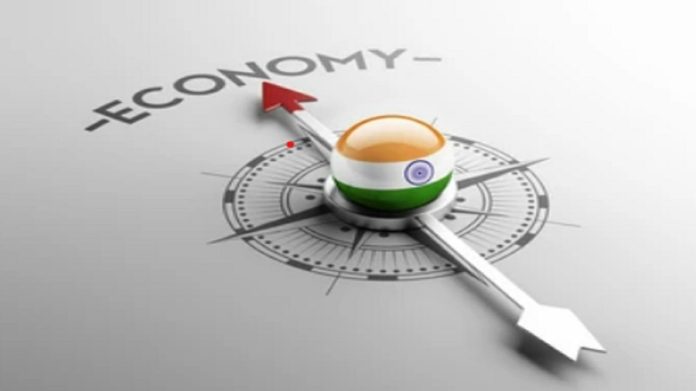The latest EY Economy Watch report highlights several key trends shaping India’s economic transformation, including emerging technologies like generative AI (GenAI), climate challenges, de-globalization, and de-dollarization. These trends present both challenges and opportunities for India as it aims to achieve ‘Viksit’ status by 2047 and navigate its path towards becoming a developed nation.
One of the major potential growth drivers identified in the report is GenAI, which could significantly enhance productivity and output. The report estimates that GenAI has the potential to boost India’s GDP by US$359-438 billion by FY30. However, harnessing the benefits of emerging technologies while ensuring a net positive impact on employment will require strategic policy interventions.
Climate change is another critical factor affecting economic resilience, with increased natural disasters posing significant risks to the economy. The report emphasizes the need for investments in climate-resilient technology and innovation to mitigate these risks.
The ongoing trend of de-globalization and trade disruptions also presents challenges, but India has opportunities to strengthen its position as a trade connector due to its strategic location. Initiatives such as the operation of the Iranian Chahabar port and the development of new trade routes could enhance India’s trade connectivity.
Additionally, India’s lower government indebtedness provides a buffer against external shocks, giving the nation greater fiscal space to implement macro-stabilization efforts during economic downturns. However, responsible fiscal behaviour and careful policymaking will be crucial to avoid potential pitfalls in the growth process.
Overall, the report underscores the importance of strategic policy support and responsible fiscal behaviour in navigating these global trends and leveraging emerging technologies for sustainable economic growth.

